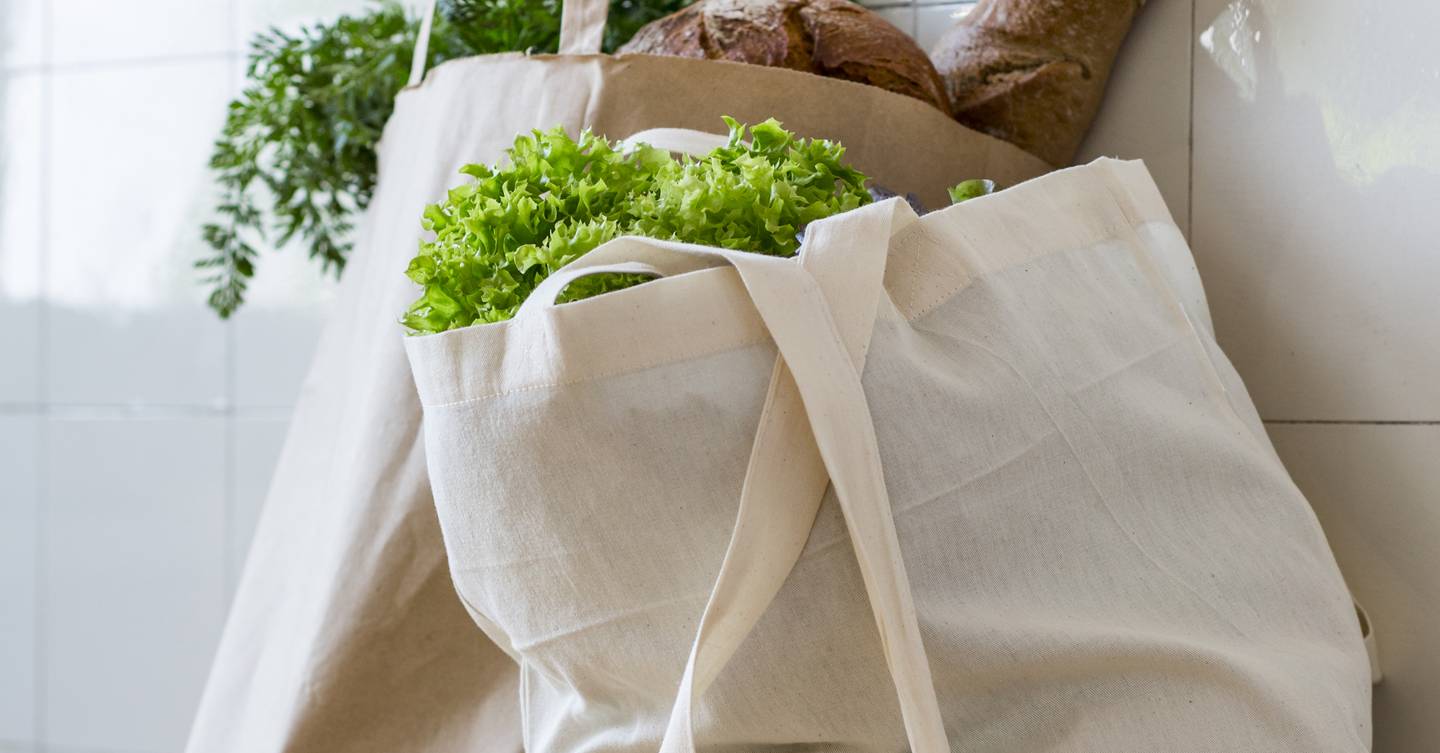Let’s start by saying that the worst thing you can do in a global health pandemic is stockpile products that help to control the spread of disease. Think about it – if a few people stockpile all of the soap, disinfections and tissues, there won’t be enough for others. In order to prevent the spread of COVID-19, the novel Coronavirus that is spreading across the world, everyone needs to be able to wash their hands. Everyone needs to be able to catch their coughs and sneezes in a tissue, and everyone needs to be able to properly sanitise their homes if they are self isolating or unwell.
However, if you are told to self isolate, or you are confirmed to have the virus, it’s incredibly important that you do not leave you house or mix with other people. Having enough supplies to see you through the two week isolation period could be useful. Here is a shopping list for everything you actually need – no less, no more – to feed yourself, stay safe and keep your immune system in tip top condition.
Household products
- Disinfectant spray – if you are self isolating or if you have the virus, you will need to disinfect surfaces and ‘touch points’ like door handles, taps and remote controls every time you touch them. This is especially important if you live with other people.
- Soap – two bars or bottles of soap should be ample. Wash your hands often, especially before you touch your face and before you eat. Wash them for at least 20 seconds, with warm water.
- Toilet paper – one standard pack of 9 rolls toilet paper will get you through two weeks – and probably a couple of weeks afterwards, too.
- Toothpaste, sanitary products and any other items if you are running low
- Paracetamol – one or two packets in case you develop a fever, or you know, get period pain or any other everyday ailment.
- Batteries – the last thing you need if you’re self isolating is for your smoke alarm to start beeping, or for the remote control to run out. Again, this is only if you don’t already have spares.
Food cupboard
- Canned food – as it’s not fresh, it will last for months if not years and can be easily stored. Remember, you will only need enough for a couple of weeks, so don’t go overboard. Try and select a variety of nutritional sources, including protein and vegetables. Ideas include tuna fish, baked beans, canned tomatoes, chickpeas and sweetcorn.
- Dry pulses like lentils are a good source of protein, can be easily stored and can be used to create a wide variety of delicious dishes.
- Pasta, noodles and rice – great for a quick, easy and filling meal but again, don’t go overboard. Think realistically about how much you can eat in a couple of weeks.
- Seeds and nuts – nutritious, delicious and versatile.
- Oats – One bag will be enough.
- Condiments – ketchup, soy sauce and pesto should do it.
- Long life milk – a couple of cartons will see you through a couple of weeks.
- Chocolate – for the moments when you need a little sweetness.
Fresh
- Cheese – with a longer shelf life than most fresh products, cheeses like halloumi and parmesan will last for well over two weeks.
- Apples and oranges – these last longer than some other fruits, and are full of vitamins.
- Unripe fruit – by the second week, it’s ripe and ready to eat. Only buy what you can realistically eat. Food waste is a serious issue and should be avoided.
Frozen
- Frozen vegetables – a bag of peas, and a bag or two of other frozen vegetables to make sure you’re getting enough nutrients.
- Frozen fish, minced meat, or vegetarian alternatives – for any meat and fish, frozen items are safest if they are to last two weeks.
- Bread – freeze bread and it will last months. One loaf is enough for a slice of toast every morning for two weeks.
